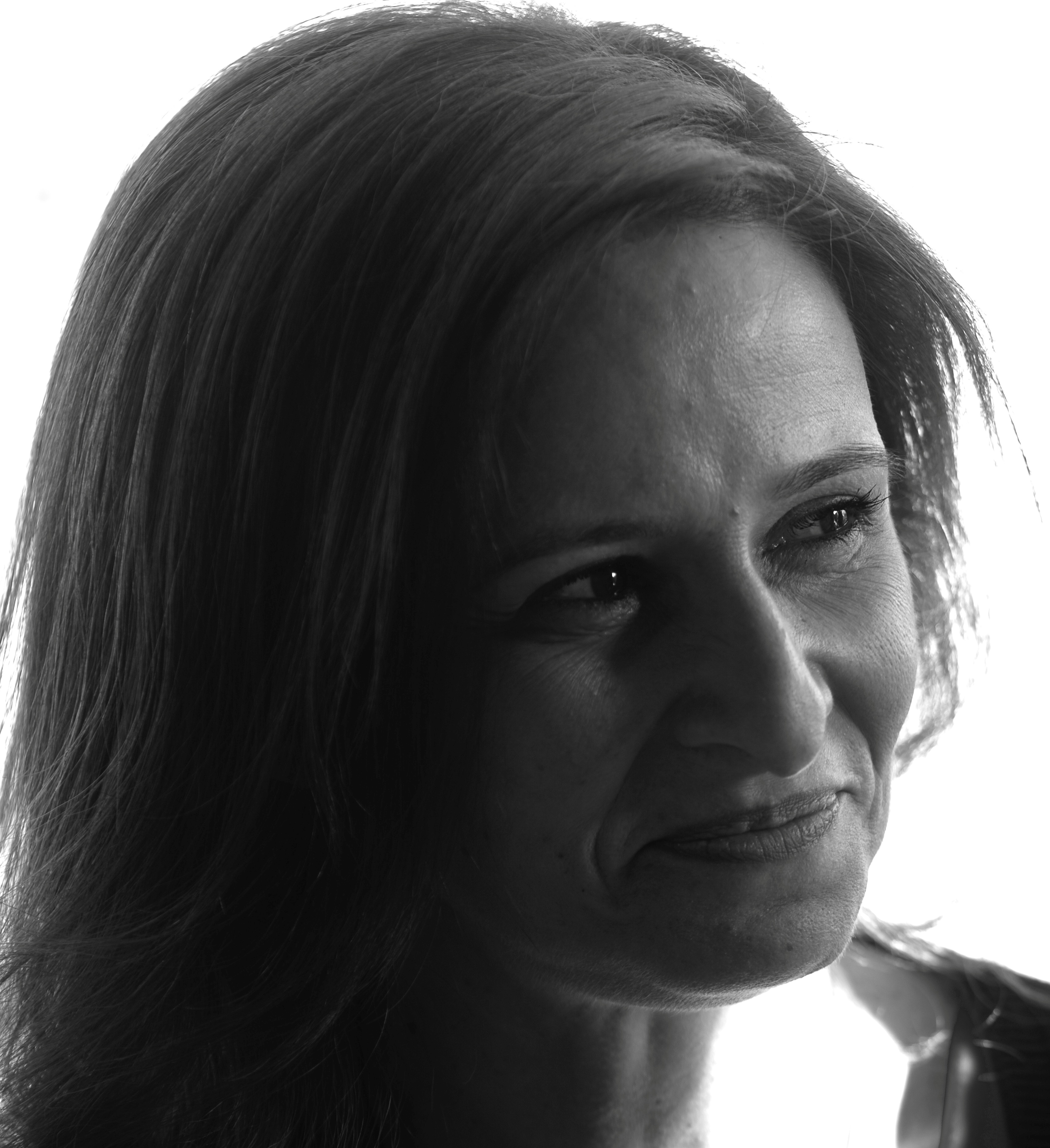 |
10th
INTERNATIONAL CONGRESS and
15th
NATIONAL of CLINICAL PSYCHOLOGY MONASTERIO
SAN MARTÍN PINARIO
SANTIAGO DE COMPOSTELA (SPAIN) 16-19 NOVEMBER, 2017 |
 |
Eugénia Ribeiro University of Minho PORTUGAL |
|
Eugénia Ribeiro é Doutorada em
Psicologia Clinica e Professora Auxiliar da
Escola de Psicologia da Universidade do Minho.
É diretora adjunta do programa de doutoramento
em Psicologia Aplicada da Escola de Psicologia
da UMinho. Foi diretora do Mestrado em
Psicologia Aplicada entre 2013 e 2016. Eugénia
Ribeiro é membro da Society for Psychotherapy
desde 1997. É membro do comité editorial das
revistas internacionais: International Journal
of Clinical and Health Psychology e da
Psychotherapy Research. Foi diretora associada
da revista Psicologia. Nos últimos anos,
o seu programa de investigação tem sido
desenvolvido em torno do fenómeno da
colaboração terapêutica, tendo por base o
modelo da colaboração terapêutica e respectivo
sistema de codificação (TCCS). Recentemente,
introduziu uma componente psicofisiológica no
seu programa de investigação, articulando
processos biológicos e psicológicos no estudo
da colaboração terapêutica, tendo recebido uma
bolsa da Fundação Bial (178/12) para suportar
o seu projeto de investigação.
INVITED SYMPOSIUM ABSTRACT Therapeutic Collaboration,
significant events and psychophysiological
correlates in psychotherapy
The
collaborative collaboration between therapist
and client is an important predictor of the
therapy gains and critical in the client’s
decisions to complete the therapy. There is
also some evidence that higher
psychophysiological arousal is linked to poor
conflict management and decreased relationship
quality between partners in a romantic
relationship, but few studies have tried
assess psychophysiological factors in relation
to therapeutic collaboration. In this panel,
we aim to present 4 studies from our research
program on therapeutic collaboration and
biological and psychological correlates. This
studies are focused on microanalytic processes
aiming:1) to understand how therapeutic
collaboration as analyzed within sessions
interaction contribute to patient’s change on
the patients’s and therapists perspectives and
2) to analyze how the therapeutic
collaboration covariate with psychological and
physiological variables.
|
|